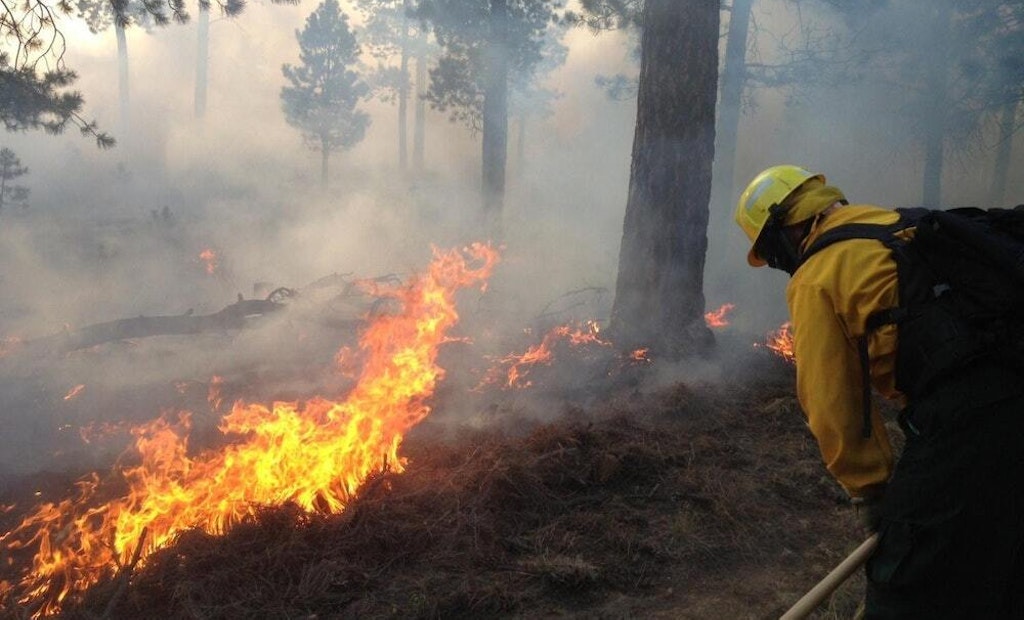Interested in Fire?
Get Fire articles, news and videos right in your inbox! Sign up now.
Fire + Get AlertsThe events surrounding the Marshall Fire had lessons for the Louisville water team, and for utilities in general in a time of climate change.
“This was an urban interface wildfire,” says Greg Venette, water treatment superintendent. “It’s the first time we’ve seen in Colorado where a wildfire of this size wasn’t just in a mountainous area where there are some scattered homes. This was a suburban area that got destroyed because of its interface with a wild open space area. A lot of communities, not just in Colorado, could be susceptible to something like this, because the climate now is so dry.”
For Louisville specifically, Venette points to a number of lessons. They include:
- Standard operating procedures to run the plant in a manual mode. “This proved invaluable when disaster struck,” says Venette.
- Understand the functions of the incident command and local or regional disaster chain of command and support system structures.
- Plan for travel. Traffic from evacuations, roadblocks, downed power lines and structure or brush fires made it difficult to get to critical infrastructure. “Plan ahead with alternate routes and access points,” Venette says.
- Prepare for backup power resiliency and have solid relationships with the electric utility and temporary power suppliers.
- Prepare team members to understand the risks involved in the response. Have the difficult conversations and amend administrative structures to allow for quick, decisive action.
- Isolate the system in fire-damaged areas as soon as possible to keep contamination from affecting the entire system and to help restore normal operation.
- Foster good relationships with other utilities and use local Wide Area Response Network (WARN) systems when possible: “You can’t do this alone, and recovery will require help from many sources.”
And finally, says Venette, “Look out for the mental health of your staff. This was a tragic and intense event that none of us were prepared for or ever thought would happen. The immediate shock is real. The recovery is slow, and seeing the effects of the disaster on a regular basis for a long time can really wear on people. Make sure your staff members have the time off they need, safe places to talk about their experiences, and mental health resources available to them.”
This article was originally posted May 2023.






